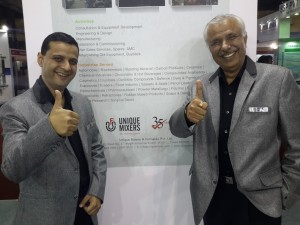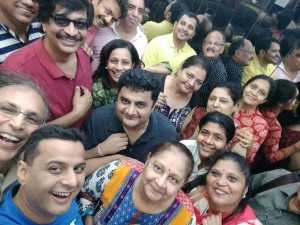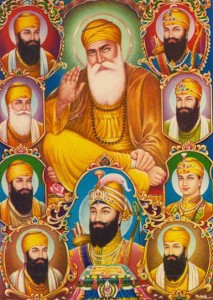Watch Video Here
https://www.youtube.com/watch?v=iIut9YyEA4A&t=2s
Setting Goals In All Areas of Life
Life has many facets. For a meaningful, happy, balanced and prosperous life, we should set goals in all of these areas.
In this video, I shall share with you, the different areas of our life in which we can set Goals.
– Personal Goals
– Professional Goals
– Financial Goals
– Family Goals
– Health Goals
– Fun, Recreation Goals
– Spiritual Goals
– Social Goals
Personal goals are about what we want for ourselves – that which is important to us and gives us satisfaction, happiness and builds positivity. As compared to goals in other areas of life, we can enjoy the greatest control on the achievement of our personal goals, as it is directly the outcome of our actions and priorities.
We spend most of our most waking hours working for our careers, businesses and jobs This defines our occupation and profession, and is also the means of our livelihood. It provides us the opportunity to put to use our education, knowledge, skills and show case our talents. Setting professional goals is critical as it is through working that we achieve professional growth, build a reputation, get recognition, and above all, earn money, which supports our financial goals. For Home makers, planning and executing home matters can be equally significant professional goals.
Setting financial goals, provides clarity on the means by which we can fulfill our personal and family, needs and wants, for which money is required. Our financial goals could be earning and saving a specific amount of money by a given date for a specific purpose. For some, their financial goal could be putting together, the money needed for buying a house, through their income, reserves, or by borrowing. For others, financial goals could be repaying a loan. Financial freedom can only be achieved by setting goals and taking timely actions on financial goals.
Each of us has many roles to play for our family – starting with being a daughter or son, a sister or brother, a cousin, a spouse, a parent, a grand- parent. Giving our best in each of these roles requires us to set goals.
The most important and yet in many cases the most neglected aspect of our lives is our health. We tend to take our health and well being for granted until we are confronted with a symptom of bad health, or a medical emergency. And from there on, it is only about trying to get back what we have lost.
It’s important that to make the most out of the free time from work, to rejuvenate and energize yourself. Planning for your fun and recreation goals allows to set time and money for their fulfillment.
Knowing our spiritual goals helps us to reflect on the things that really matter to us, our purpose in life, our values, our beliefs. These goals are about connecting with our inner self. Spirituality could mean different things to different people. for some it could be practicing their religion, for others it could be about experiencing peace from visiting places of worship, for some it could be meditation, or practicing silence each day.
We have commitments and roles to play outside of our family. It could be playing an active role in the school PTA, or in the housing society that we live in. It could be our commitments to our friends or the responsibilities to the community that we are a part of. It could making contributions to the well being, education and career of children without families. Defining our social goals will allow us to block time or utilize our free time, for our social commitments.
I hope that this video would have inspired to set your goals…NOW
Goal setting has changed my life for the good. It has the power to change yours.
Set goals in all areas of life, believe in yourself and take action.







